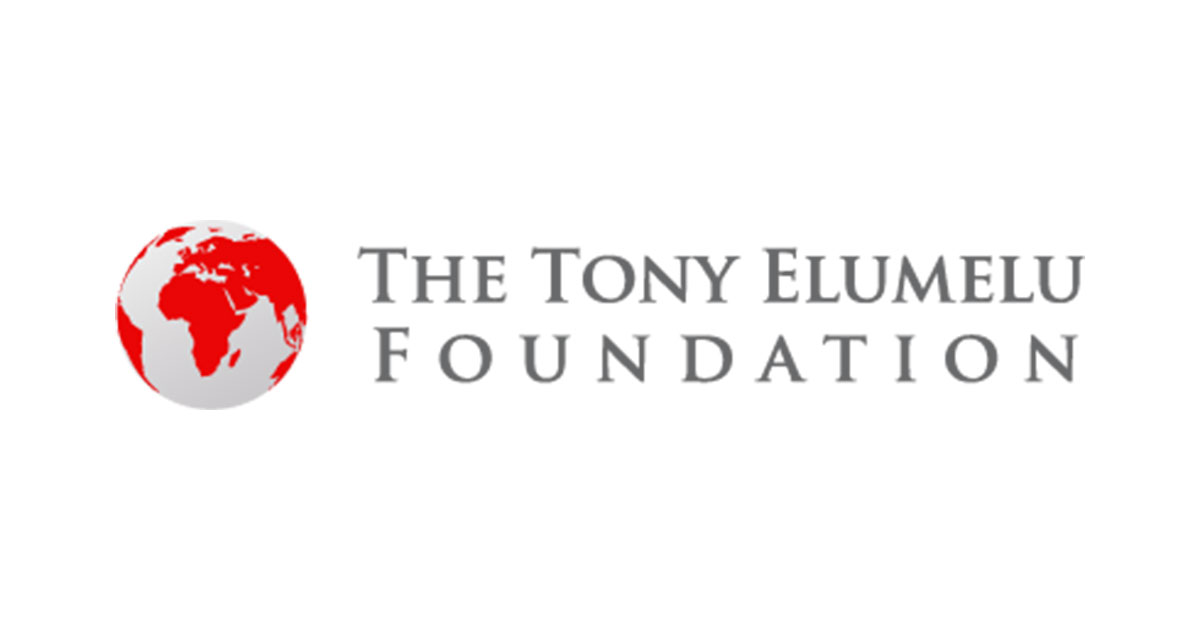The Chairman of Heirs Holdings, Tony Elumelu, has called for increased oil production to finance Nigeria’s economic diversification and development. Speaking at the Nigeria Petroleum Industry Leadership Discourse in Abuja, Elumelu underscored the crucial role of oil revenues in driving industrialization, energy security, and infrastructure growth.
Themed “Nigeria’s Oil Production Growth Roadmap: Acceleration Imperatives,” the discourse was convened by Heirs Energies, a subsidiary of Heirs Holdings, to bring together industry stakeholders and policymakers to strategize on expanding oil production.
Elumelu, who also chairs the United Bank for Africa and Transcorp Group, noted that despite global energy transition debates, Africa’s immediate priority must be energy security. He stressed that massive investment in oil and gas is essential to power industries, support businesses, and provide electricity for households and enterprises.
While acknowledging that Nigeria’s oil production has grown under President Bola Tinubu’s administration, he pointed out that the country is still falling short of its OPEC quota.
“Under Buhari’s administration, production dropped below 1 million barrels per day. We are happy that under the current administration, we produce 1.8 million barrels per day. But we are not satisfied with that figure. We want to take it to over 2 million because we need oil money to diversify Nigeria away from oil and develop our country,” Elumelu stated.
Elumelu highlighted that increasing crude oil output would generate foreign exchange and stabilize the naira, provide financial resources for industrialization and infrastructure development, particularly in power generation and manufacturing, and strengthen national security by ensuring a stable energy supply.
As Chairman of Transcorp Group, he revealed that Transcorp Power, one of Nigeria’s leading power generation companies, has a capacity of 2,000 megawatts but is unable to operate at full capacity due to gas supply constraints.
Elumelu urged stronger collaboration between the government, industry players, and investors to push oil production to 2.5–2.7 million barrels per day. He noted that policy reforms and executive orders signed by President Tinubu over the past year have boosted investor confidence, security, and the overall business climate in the oil sector.
Speaking on refining, Elumelu stated that Heirs Energies plans to integrate downstream operations in the future, but its current priority is expanding crude oil production. He noted that having access to crude oil makes transitioning into refining, fertilizer, and petrochemicals easier.
When Heirs Energies acquired OML 17 from Shell, production was at 21,000 barrels per day. The company has since increased it to 53,000 barrels per day, with a target of 100,000 barrels per day.
Expressing optimism, he said Nigeria can surpass 2 million barrels per day if all stakeholders commit to expanding production, improving infrastructure, and securing oil facilities. He believes the 2.5–2.7 million barrels per day target is achievable if the industry prioritizes production growth, security, and investment.










